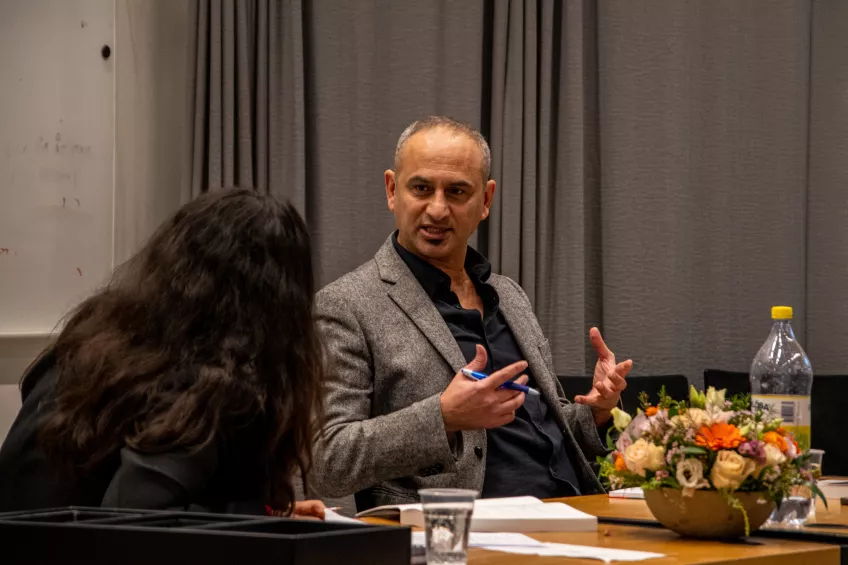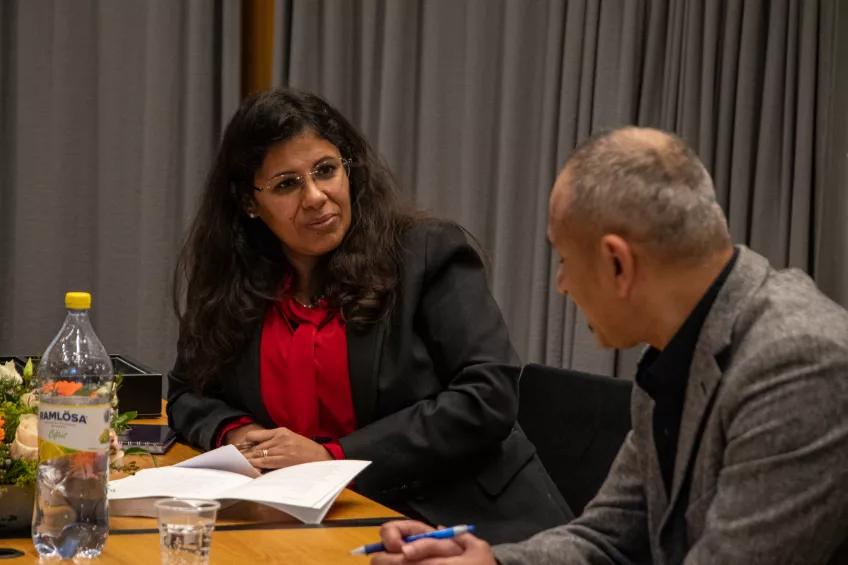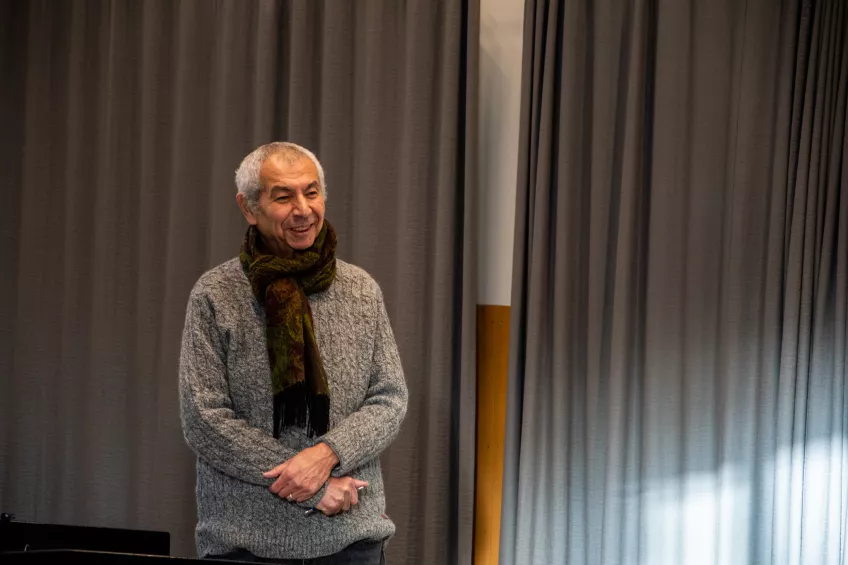Through interviews and document analysis, Imad Rasan investigated how women activists participated in the public sphere in Egypt from the outbreak of the 2011 uprising to the re-emergence of the authoritarian regime in 2014. He found that women engaged in social movements, oppositional political parties, and civic engagement, aiming to influence the political scene by participating as women and citizens by placing their demands within the context of the national revolution. They challenged the regime's repression despite facing pushback from the constraining patriarchal order and masculine norms at home and in general society.
Rasan emphasises "participation" as accessing the public sphere and visibility – which refers to the content of their participation. Egyptian women pushed gender boundaries in different contexts in the public sphere and developed a new agency through which they overcame exclusion and marginalisation. Rasan further shows how they consciously resisted acting and being portrayed as agents of secular liberal Western ideas while defying cultural nationalists and Islamists who regard them as victims of an anticolonial nationalist discourse.
"When I asked them if they are feminists, they said they are not. They distanced themselves from old feminist organisations and state feminism," Rasan responded to the external reviewer, Professor Mariz Tadros of the Institute for Development Studies at the University of Sussex.
"I have really enjoyed reading your thesis and am impressed by your many interviews," said examination committee member Associate Professor Ehab Galal of the Department of Cross-Cultural and Regional Studies at the University of Copenhagen.
After the defence, the examination committee retreated for mandatory deliberation. They soon emerged and announced that Imad Rasan's thesis was unanimously approved.





